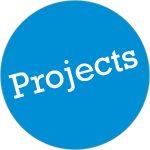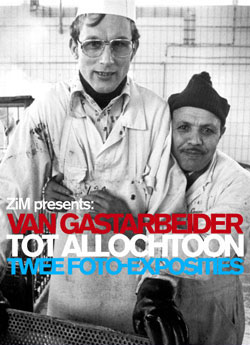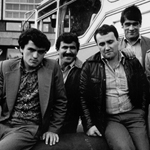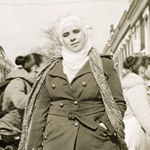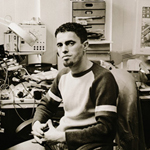
VIEW PHOTO GALLERY
FROM GUEST WORKER TO MINORITY
2 Photo Exhibitions by Robert de Hartogh en Samuli Schielke
'40 Years (Work) Migration in the Old North of Rotterdam'.
22 April - 30 June 2006
ZiM illustrates 40 Years Work Migration in the Old North of Rotterdam with two photo exhibitions.
![]()
Images from the Archive (1975-1985)
Robert de Hartogh
Since about 1975, Robert de Hartogh has photographed the lives and work of migrant workers who at that time were referred to as 'guest workers'. Later the term 'foreign workers' was prevalent which eventually became the contemporary Dutch reference to '(ethnic) minorities'. This development in language forms the red thread through a collage of photographs from his archive of the past 25 years: from 'guest workers' in their hotels up to the '(ethnic) minorities' of today.
A window installation by Samuli Schielke
Samuli Schielke was born in Finland and is an anthropologist. He is specialized in Islamic culture and has researched religious celebrations in Egypt. Schielke is also a photographer. At ZiM, he exhibited in April 2006 a series of portraits of Moroccans living in the Rotterdam district Old North. "Moroccans are often wrongly depicted by the press. Therefore, they feel uncomfortable when they are being photographed," says Schielke. "I let them decide themselves in which environment and in which manner the portrait should be taken. I want to photograph them in the way they want to be seen."
http://www.samuli-schielke.de/galleries/marokkaan.htm
Samuli Schielke wrote this text on his project:

